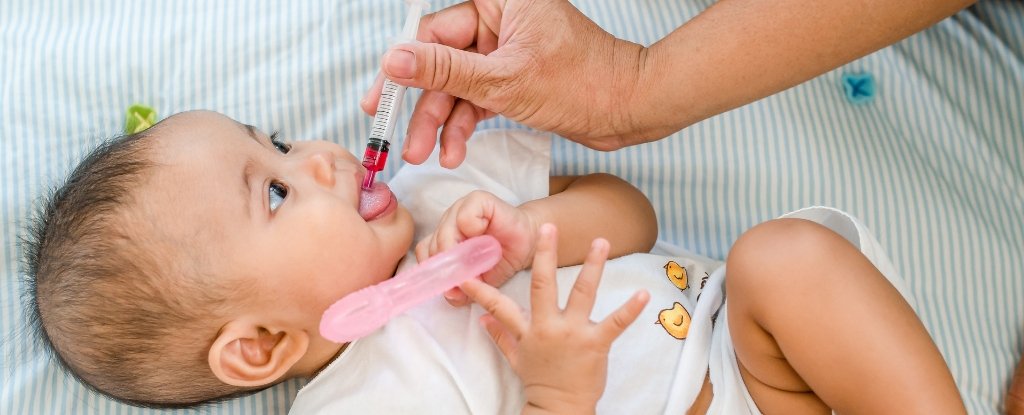Type 1
diabetes has been on the rise worldwide, but in Australia, the problem appears
to be turning around at last.
For the
first time since 1980, the number of young Australian children diagnosed with
this autoimmune condition has begun to slow, and it could have something to do
with the country's impressive immunisation program.
New research
has shown Australia's curious decline in type 1 diabetes began immediately
after the introduction of the oral rotavirus vaccine, encouraging a hunch that
has existed for some 20 years.
"While
not conclusive, our latest study suggests that preventing rotavirus infection
in Australian infants by vaccination might also reduce the risk of type 1
diabetes in some infants at genetic risk," says senior author Len
Harrison, a physician and researcher in molecular medicine at the University of
Melbourne.
This curious
correlation was first discovered by the team of researchers just before the
turn of the century, when they noticed that the immune markers in type 1
dabetes (T1D) looked remarkably similar to the rotavirus (RV) infection.
Since then,
scientists have found that the RV infection can trigger an immune attack on
insulin-producing pancreatic cells, the organ responsible for controlling a
person's sugar levels and a key player in diabetes.
When the two
oral RV vaccines were introduced into Australia's national immunisation program
in 2007, it presented a ripe opportunity for further research.
Using
publicly available data, the researchers compared the incidence of type 1
diabetes eight years before and eight years after this change..
The findings
suggest that the RV virus might do more than we thought. This vaccine alone has
the potential to save millions of young children worldwide from a severe and
potentially life-threatening form of diarrhoea. Could it also be keeping the
development of T1D at bay?
It's
certainly a possibility. In the years after Australia introduced the RV vaccine
program - a time when national coverage was estimated at 84 percent - the
incidence of T1D decreased by 14 percent among children aged 0 to 4.
"The
significant decrease... wasn't seen in older children aged 5-14," explains
lead author Kirsten Perrett, an expert in immunisation and allergies at the
University of Melbourne.
"This
suggests the young children could have been exposed to a protective factor that
didn't impact older children."
While this
doesn't necessarily mean the RV vaccine is putting a stop to this incurable
disease, it does build on previous research that suggests the rotavirus
infection may be a risk factor for diabetes.
At least, in
Australia it might be. For some reason, a study in Finland using a smaller
sample size and shorter time span didn't find the same correlation, although it
could have something to do with genetic and environmental differences between
the two countries.
Armed with a
promising lead, researchers in Australia are continuing to dig through the
national data, hoping to find more clues that can link these two conditions.
"At
this stage, we don't yet know whether the reduction in type 1 diabetes is a
permanent effect, or transient, and it may only be relevant to Australian
children," says Harrison.
The take
away message? Vaccinate, vaccinate, vaccinate. You never know what extra good it
might do.
This study
has been published in JAMA Pediatrics.

Comments
Post a Comment